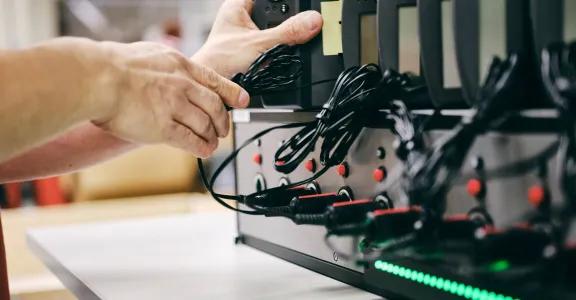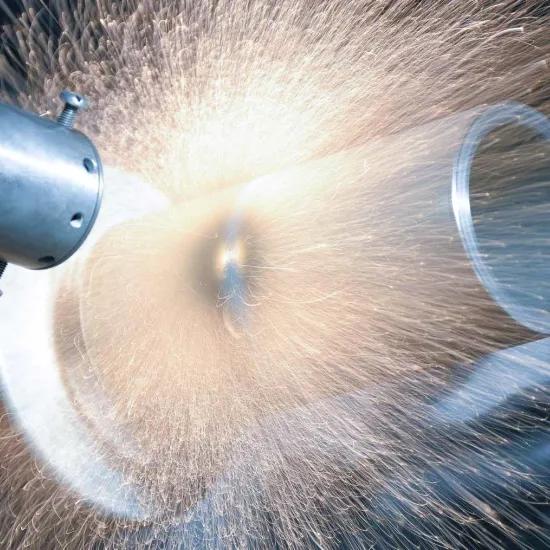Product life extension thanks to repairs and upgrades by social enterprises
Can steps in product repair and upgrade be taken over by social enterprises? We are looking for the keys to success in such collaborations and can already present a first case: the refurbishing of On Board Units (OBUs) for road tolling from Satellic by social enterprise WAAK.
Repairing and giving a second life to industrial products and products composed of many parts involves quite some steps.
First, you need to collect the products after their useful life, then inspect them, repair where necessary, test and validate them for reuse before finally selling them again.
Some of these steps can be carried out by social enterprises. However, it is worth noting that this is not often the case. On the one hand, we can investigate why this situation occurs; on the other hand, we simply want to identify the success factors by examining and analysing the cases in which it does succeed. We are now launching this analysis and would greatly appreciate your help!
We are looking for striking examples where social enterprises are involved in inspecting, testing, repairing, upgrading, cleaning, and reselling, preferably for more complex products.
Our initial search has already uncovered some cases. We just know there are more success stories out there. Do you want to share your success story? Be sure to let us know so that we can also describe your case and draw lessons from it!
This first case teaches us how refurbishing On Board Units (OBUs) for road tolling extends the life of these devices.
Product and method of life extension
What? Refurbishing of Satellic’s On Board Units (OBUs) for road tolling.
Only a limited number of devices were produced and put into circulation on behalf of the government agency Viapass (800,000 units). Therefore, repair and reuse of the OBUs is necessary.
Social enterprise activity
The Plastic Assembly cell of social enterprise WAAK ensures the repair and reuse of the OBUs in a secure and dedicated area, where about 100,000 units are handled and provided with software updates every year. From the non-repairable units, the components that are still functional are extracted, to be used as spare parts.
The social enterprise also acts as a logistics hub.
Originally, only the devices themselves were handled, but now the process has been extended to include batteries and plugs in the refurbishing process.
The social enterprise has taken care of the research and implementation of supporting technologies and the thorough analysis of the production process in small steps. Decision-making is integrated into the process. Traceability, (digitally supported) status control and 'Go/No-Go' decisions via visual signals at various stages of the process ensure quality and efficiency of the flow.
Success factors
- Larger series of similar products
- An in-depth analysis of the process and division into small (repetitive) tasks
- A step-by-step approach: appliances first, then parts recovery, then batteries ...
- A collaboration of partners with similar goals and a common vision
More info on this case described by WAAK
Are you looking for information or inspiration on managing the complexity of product lifecycle extension within social enterprises? Go to the project page!
Are we overlooking anything, do you see success factors that we might not have noticed or do you also have a case to share? |




